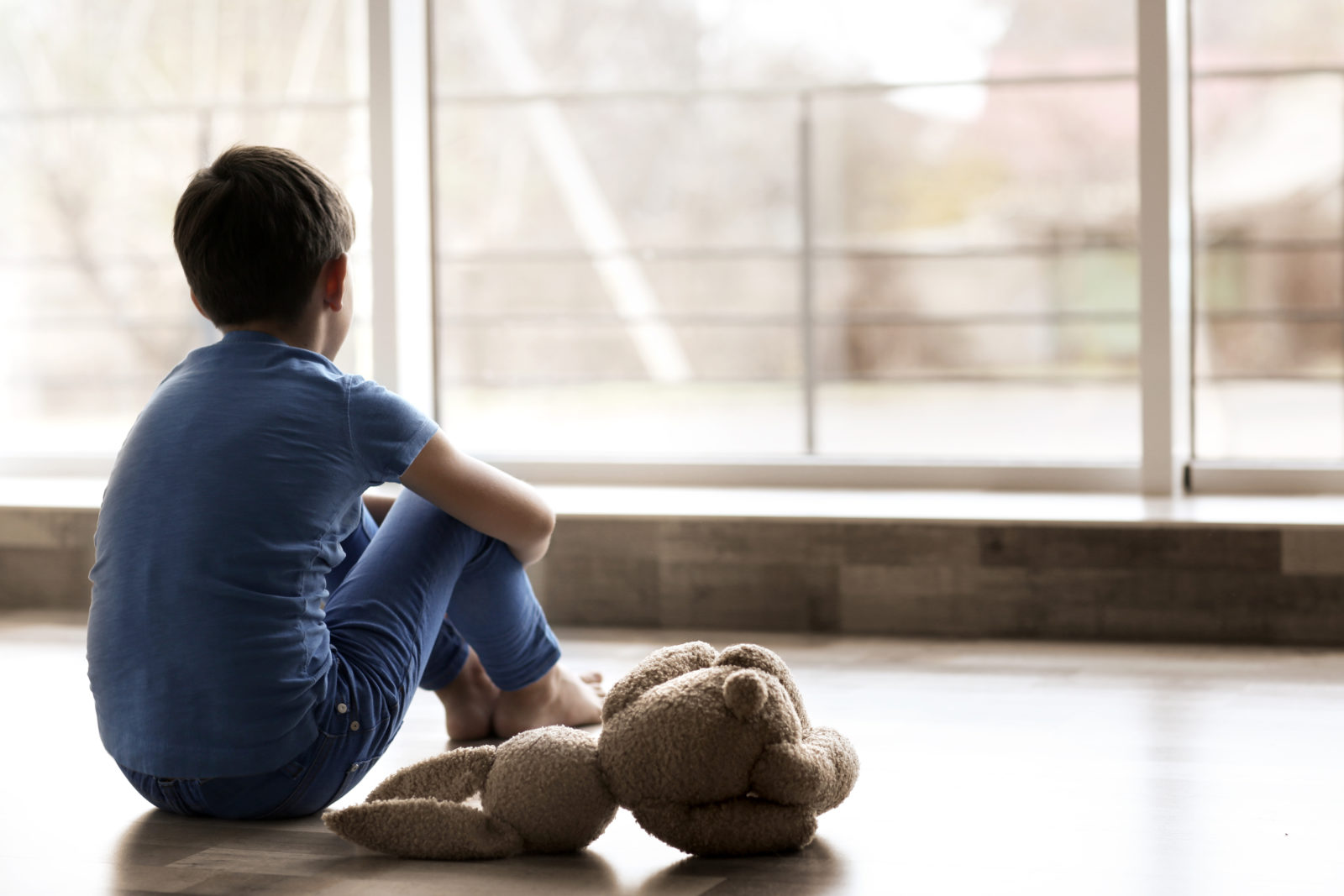Sadness, withdraw, isolation- the symptoms of depression can be heavy. But did you know the signs of depression can vary by the age of the child? Depression affects children in different age groups: preschool, grade school, and tweens/teens with unique symptoms.
Preschoolers
- They might regress to a younger developmental age, sucking their thumb or baby talk. These behaviors are comforting and nurturing to their brains.
- Bouts of separation anxiety may also return. Try utilizing a transitional object, a small object that you give to the child when you leave and then they give back to you when you return.
- Young children may withdraw during playdates or argue about going at all. Losing interest in activities they previously enjoyed is another symptom of depression. Aggressive behaviors can also occur around siblings or peers. It is important to reflect these feelings so your child feels validated.
- Finally, changes in sleeping and eating habits are common. Napping at odd hours or being sluggish during the day are signs something may be wrong. In addition, loss of interest in treats or meals is concerning.
Drop me a comment and let me know if this sounds like your child.
Grade School
- Physical complaints, such as headaches or stomachaches are our body’s way of attempting to regulate. Teach your kids breathing and other techniques to regulate their body.
- Kids this age suffering from depression have a negative outlook on life. They talk about being sad or lonely, when they have many friends. Complaints of bullying may be present with no actual signs. I have had kids tell me stories where they feel bullied because someone didn’t pass them the ball in gym class. It is important to keep connections with these kids.
- Again, they may lose interest in activities they used to enjoy and spend most of their free time on a screen, because they feel things are boring. Grades also tend to decline.
Tweens and Teens
- They will seem distant-emotionally closed off from family and friends. This causes them to spend a lot of time behind closed doors. I treated a teen boy once who isolated himself in his room 24/7.
- They may also be irritable and angry, losing their temper over little things. This can become so severe they become physically aggressive.
- Teens with depression obsess about their shortcomings and believe one misstep means disaster for the future-a future they feel hopeless about.
- Self-destructive, or risky behavior is common with this age group. Examples of this include cutting, drinking, or shoplifting.
As much as they push you away, continue to communicate to your child that you love and support them.
Whatever age your child is, if you are concerned about depressive symptoms, seek help from a physician or mental health professional.
If you are interested in our services CONTACT us to discuss the best treatment for your child.

